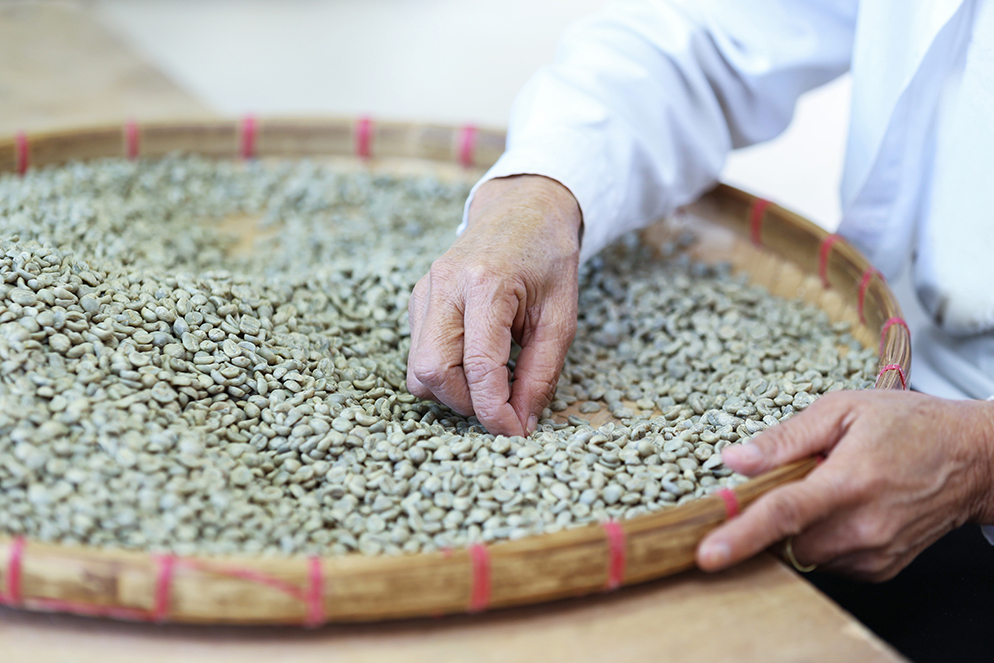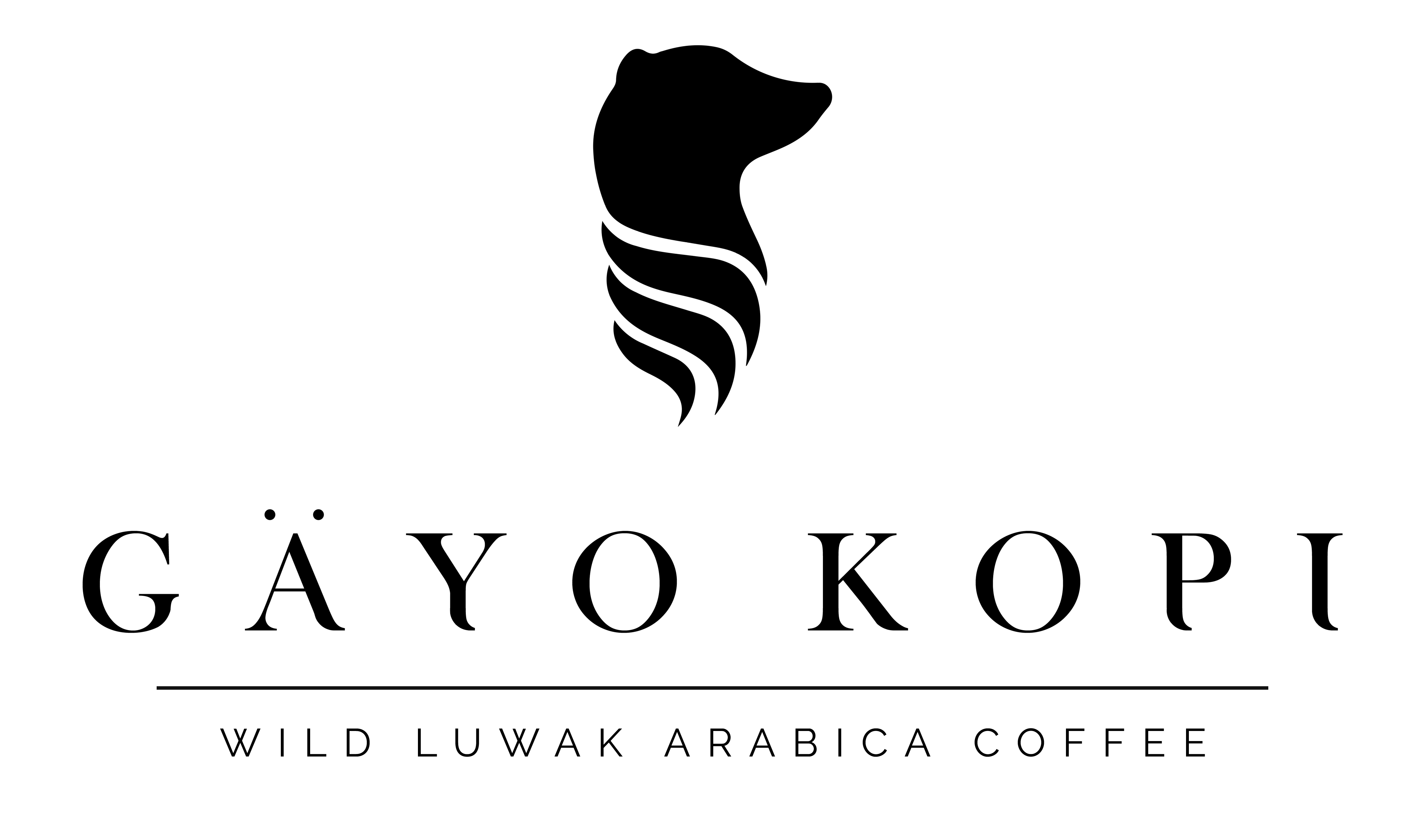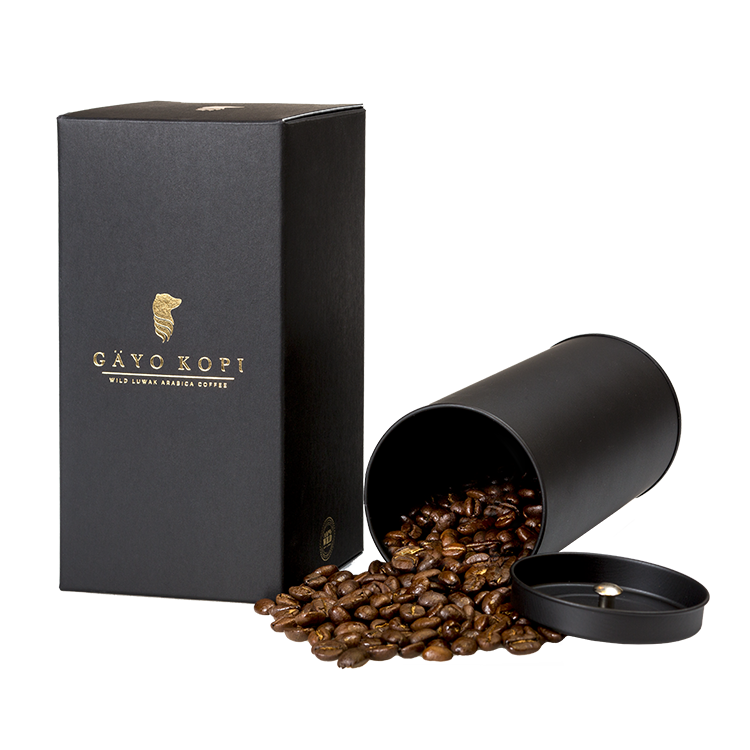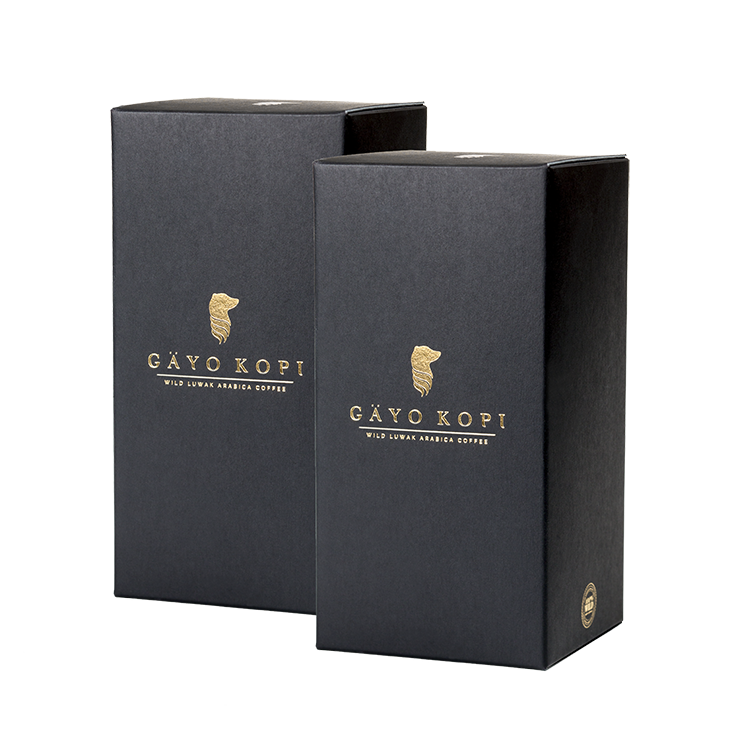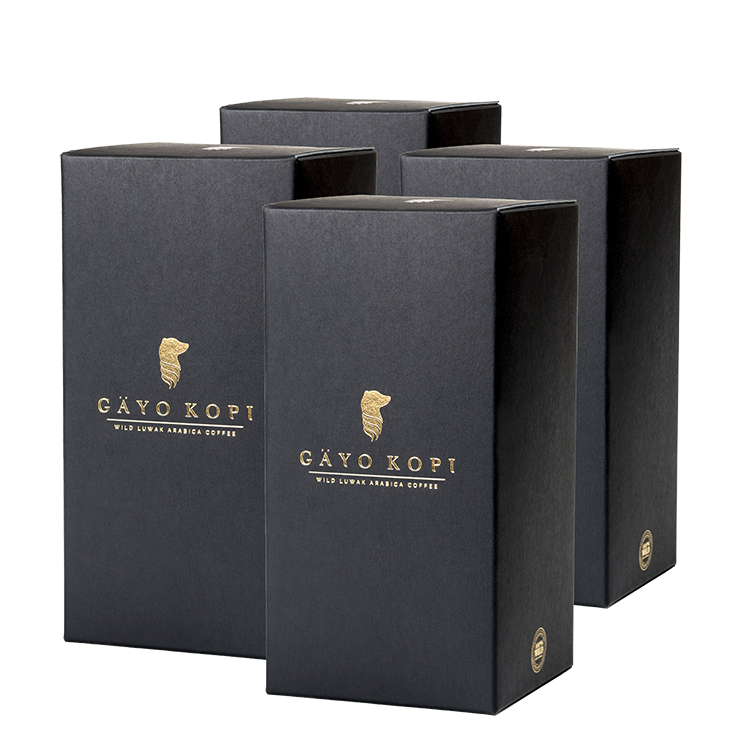
Our Commitment
Animal welfare is a huge concern. Due to increased popularity and demand for Kopi Luwak, many “entrepreneurs” have abandoned the traditional methods of foraging for kopi luwak in an effort to make a quick buck. Their chosen method of expediting the production of Kopi Luwak has been to trap Civets using snares, hold the animals in captivity, and force-feed them coffee exclusive diets.
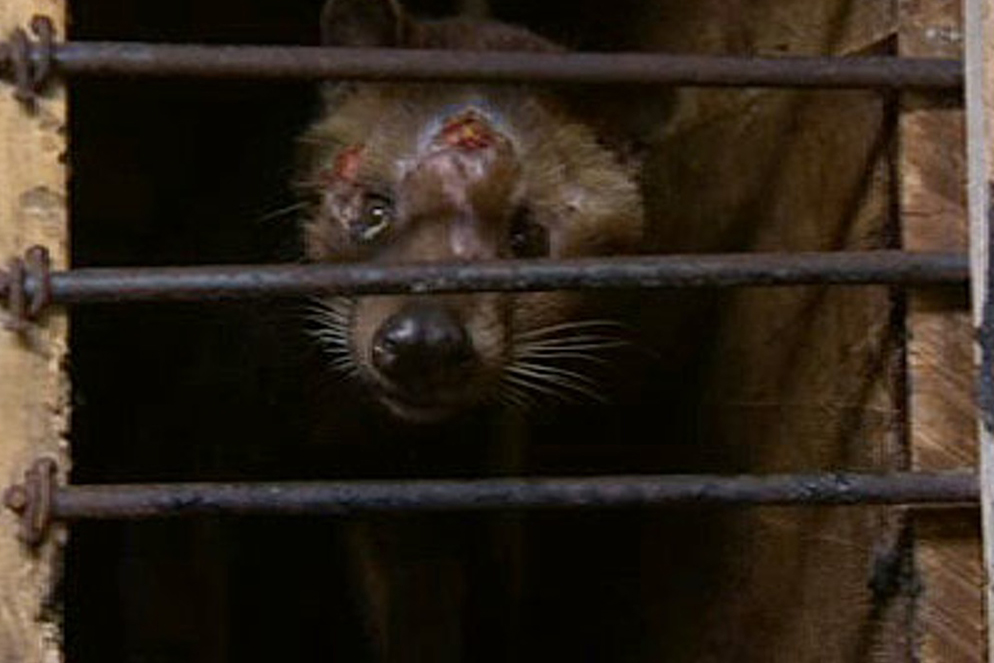
Animal Abuse is Rampant
Using caged Civets to produce Kopi Luwak is animal abuse. Often, the snares used to capture the animals result in broken limbs and lacerations, which left untreated lead to infections and disease. Once captured, the animals are only fed coffee cherries. Have you ever had too much caffeine? Remember the jittery effect it had on you? Welcome to the life of a caged civet. The animal quickly goes insane and begins biting at cage bars, often breaking their teeth. With so much caffeinated energy, they pace back and forth looking for a way of escape, yet are deprived of the space to necessary for exercise.
Cage-Sourced Kopi Luwak Benefits No One
This practice is not only cruel, but is also a counter-productive to producing a high-quality coffee. Since the animal is force-fed coffee while housed in cages, it’s impossible for them to seek out only the finest and most ripe coffee cherries. Conversely, coffee is by nature very acidic. In the wild, this poses no threat to the animal as the coffee cherries are only a small part of its varied diet. However, in captivity the coffee cherries wreak havoc on the animal’s digestive system, thereby negating any positive effect the enzymatic process would have had on the beans.
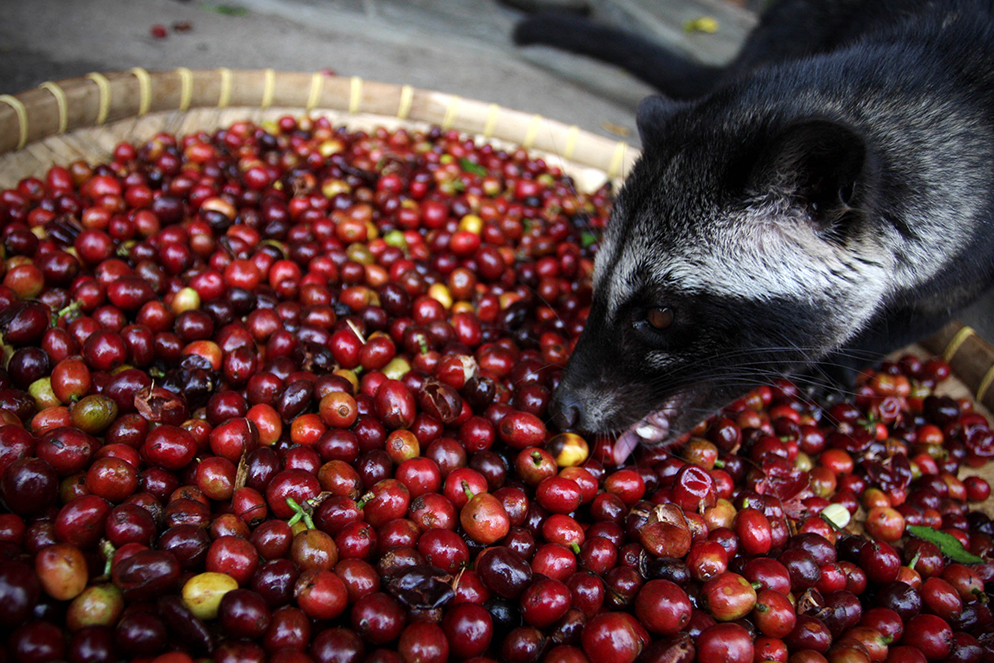
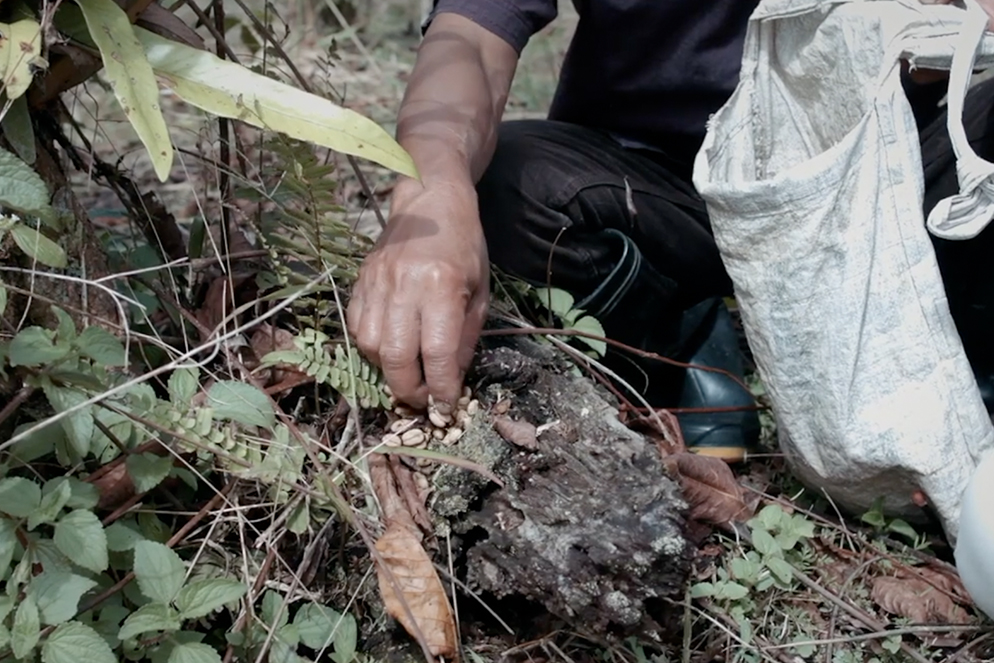
Our Commitment
Gayo Kopi has never, and will never, source from or support the capture and caging of Civets for Kopi Luwak production. We are thankful for the work done by so many animal rights activists that has raised public awareness of the issue of caged-animal production. We are avid supporter’s of World Animal Protection’s campaign against the production of cage-sourced Kopi Luwak, and comply with the Universal Declaration on Animal Welfare (UDAW) to be backed by the United Nations.
Gayo Kopi sources only Kopi Luwak where the collected evidence, documentation and commitments from our collectors and farmers themselves provide assurance that the coffee is 100% wild.
Indiscriminate Bans on Kopi Luwak are Over-reaching.
Although some have called for an indiscriminate ban on the sale of Kopi Luwak, we believe this approach is over-reaching and counter-productive. If the coffee is truly being sourced from Wild Civets, it’s great for the animal, their habitat, the local farmers and collectors who process the prized beans, and the coffee-lover who cherishes the unique flavor, aroma and body that only a truly wild Luwak coffee can boast.
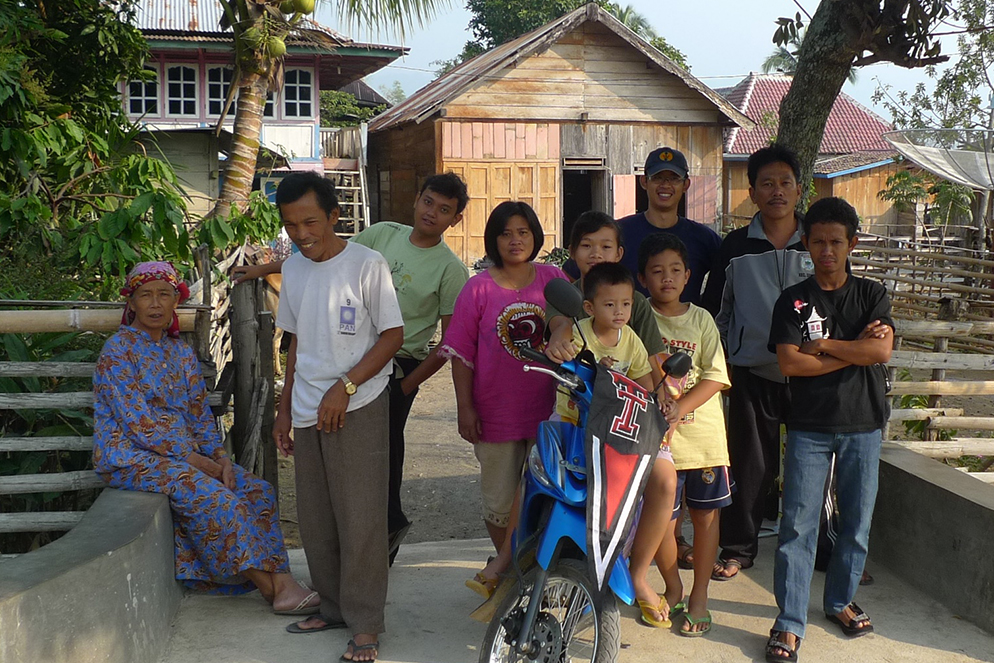

Stronger Certification
Although steps have been taken by well-known certifying bodies to ensure no caged animals are being used on the farms they certify, there are glaring deficiencies with these certifications. For example, a one-time inspection does little to ensure caged animals aren’t brought in after the inspector leaves. Worse, these producers are now able to legally label their product as “certified wild” Kopi Luwak. PETA has revealed that the vast majority of those marketing their coffee as wild are in fact sourcing from caged animals. To learn more about certification and our call for more stringent guidelines, visit our certification page.
Setting the Standard
By establishing more stringent standards for certification, and enforcing on-going adherence to guidelines, certifying bodies could dramatically decrease the saturation of cage-sourced kopi luwak in the marketplace. Our Farms already set the standard for the sourcing and processing of truly wild Kopi Luwak, and have been acclaimed by organizations such as the SCAI, SCAE, SCAA, and the Indonesian Government. We champion the work being done by World Animal Protection, and are seeking opportunities to influence more strict guidelines for wild kopi luwak certification.
